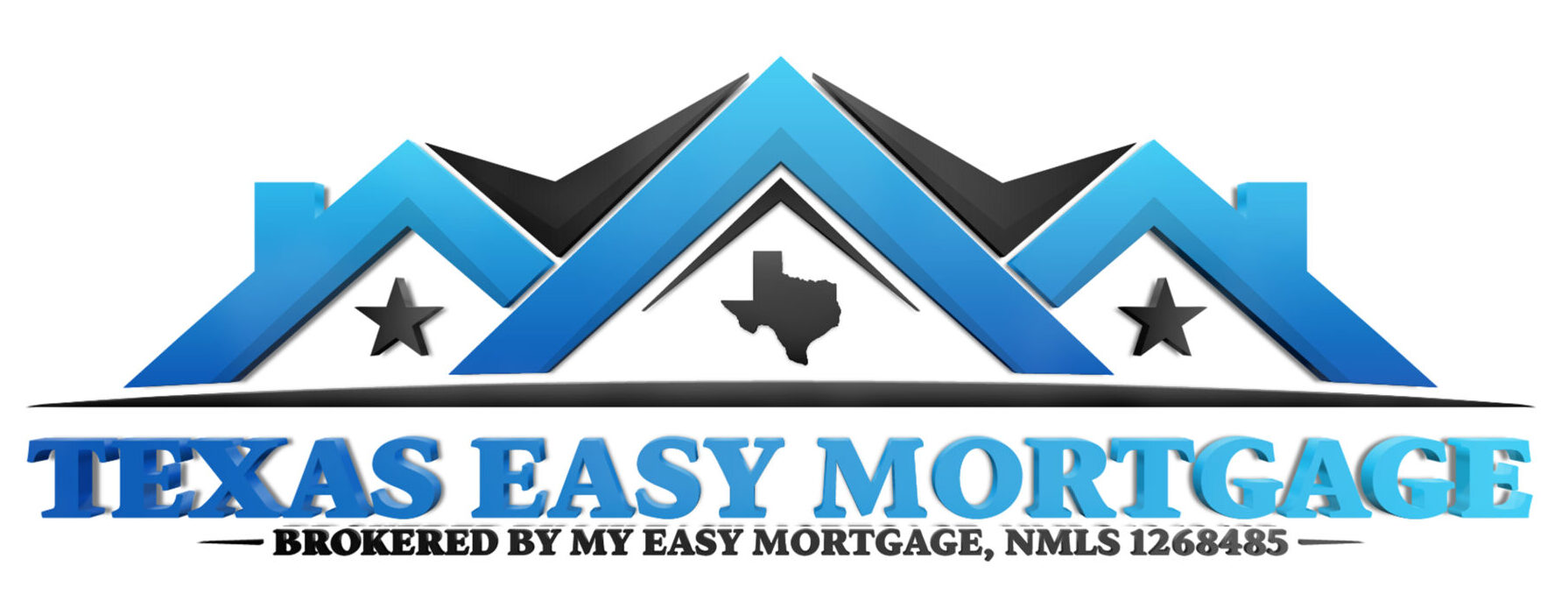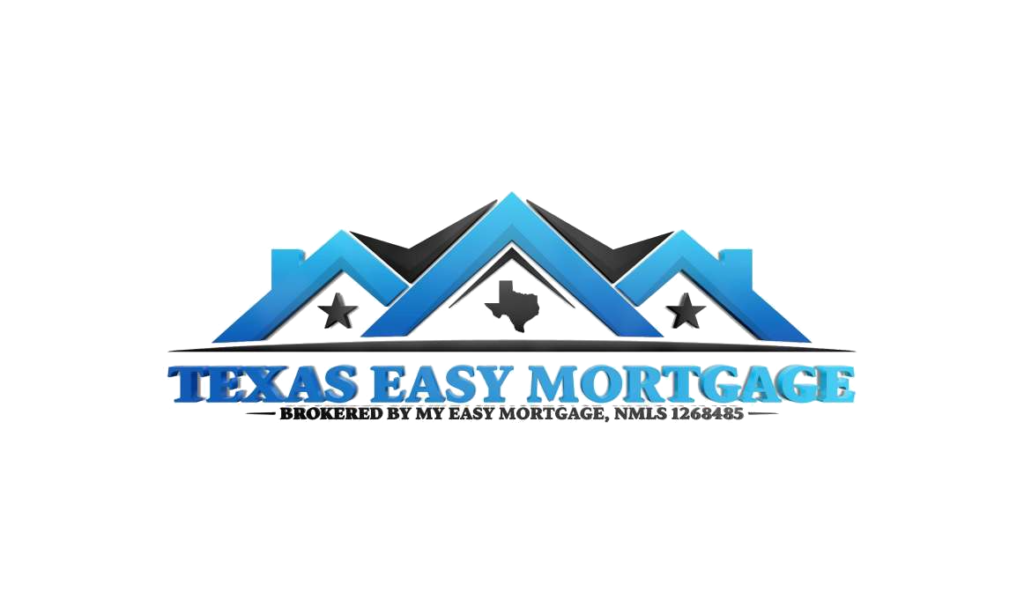WE’RE HERE TO HELP YOU
Get your First Time Home Loan
A first-time home loan is a type of mortgage loan that is designed for individuals who are buying their first home. This loan is typically offered at a lower interest rate than other types of mortgage loans, with a lower down payment requirement, and more flexible credit score requirements.
What is a First Time Home Loan?
Embarking on the journey of purchasing your first home is undoubtedly a significant milestone in life. Still, it can be quite daunting, particularly due to the unfamiliar procedures and terminology. Fortunately, special mortgage programs exist to make this process more manageable for newcomers. Often referred to as First-Time Home Loans, these programs are specifically designed to provide a more accessible route to homeownership, offering more flexibility and favorable conditions than traditional mortgage loans.
First-Time Home Loans are mortgage programs explicitly crafted to aid individuals in buying their first homes. By offering lower down payments, lower interest rates, or more forgiving qualification criteria compared to conventional mortgage loans, these programs aim to make homeownership more attainable.
The specific eligibility criteria for a First-Time Home Loan can vary, depending on the lender and location. Generally, you’re considered eligible if you’re a first-time homebuyer, which usually implies that you haven’t owned a home in the past three years. However, some programs may also consider you if you’ve only owned a home jointly with a spouse or if you’ve owned a mobile home that’s not on a permanent foundation. Besides, you would typically need a satisfactory credit score, generally within the range of 580-620 – but remember, the higher your score, the better your loan terms. Most of these programs also enforce income and home price limits to focus their assistance on those who need it the most. Additionally, many lenders expect borrowers to complete an education course to familiarize them with the home buying process and the responsibilities that come with homeownership.
First-time home loans offer several notable advantages, one of the most significant being the requirement for a lower down payment. Some of these programs also offer lower interest rates, which can result in significant savings over the life of the loan. Furthermore, they often have more flexible credit requirements, making it easier for first-time buyers with less than perfect credit to secure a loan. In some cases, these programs may even offer grants or loans to assist with the down payment or closing costs.
Several types of first-time home loans can cater to your specific needs. FHA Loans, insured by the Federal Housing Administration, are favored for their low down payment requirements and flexible credit standards. They require as little as 3.5% down payment for borrowers with credit scores of 580 or above. USDA Loans, provided by the U.S. Department of Agriculture, are meant for those purchasing homes in specific rural and suburban areas with certain income limitations. VA Loans, designed for active-duty military members, veterans, and some surviving spouses, are guaranteed by the U.S. Department of Veterans Affairs and offer low to no down payment options along with favorable interest rates. Additionally, many states, counties, and cities run their own first-time homebuyer programs, often including down payment assistance, lower interest rates, or tax credits.


